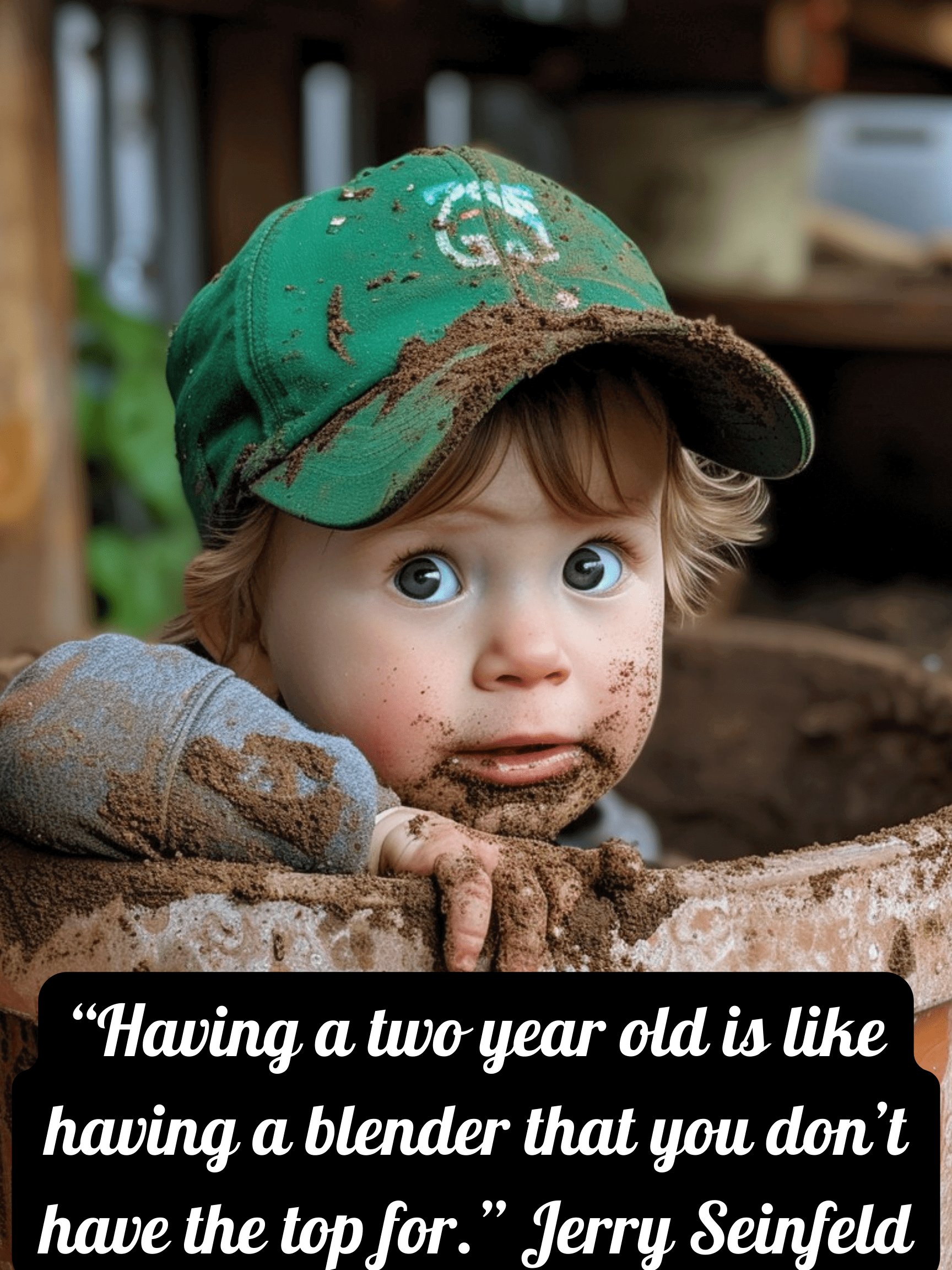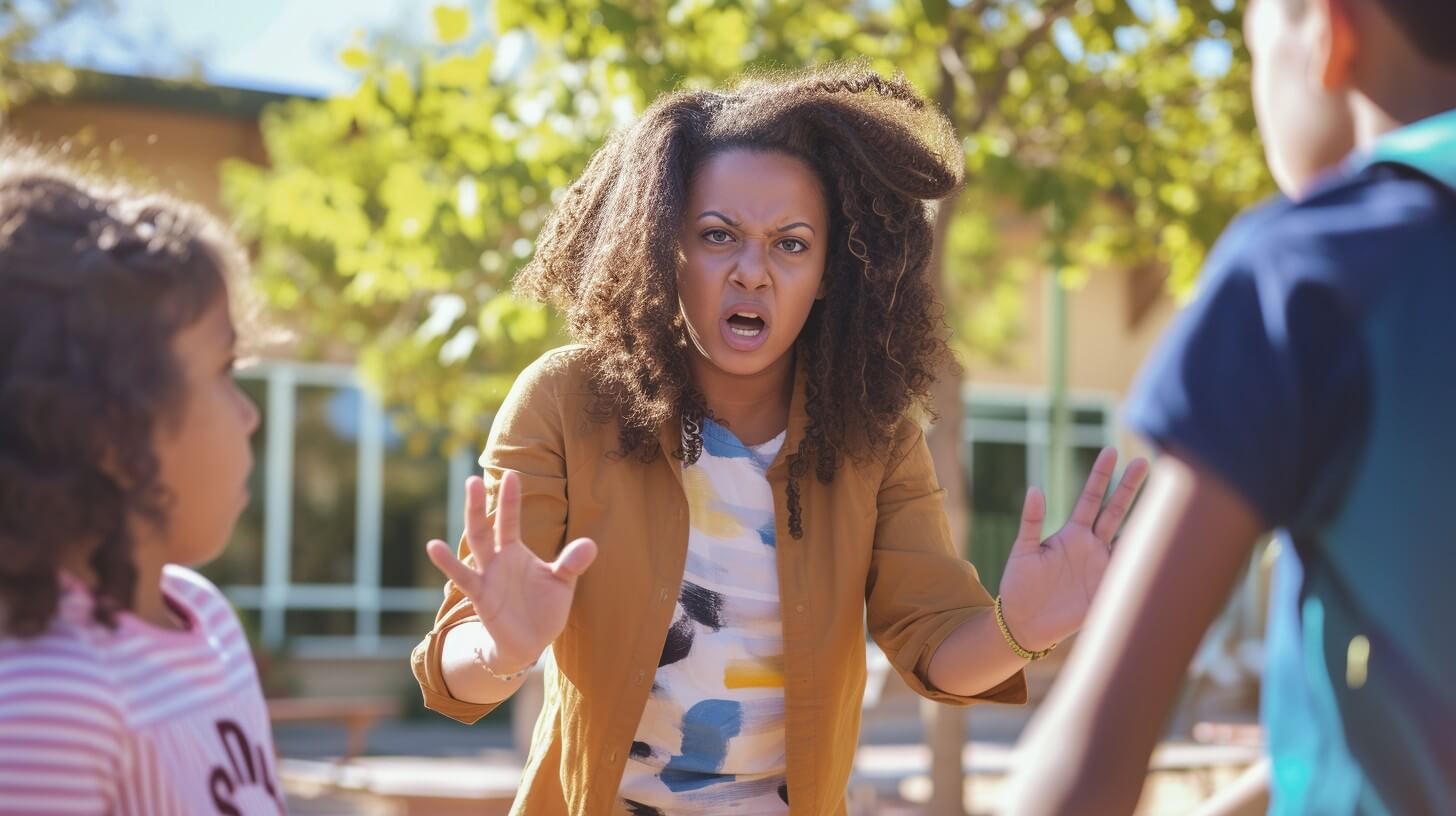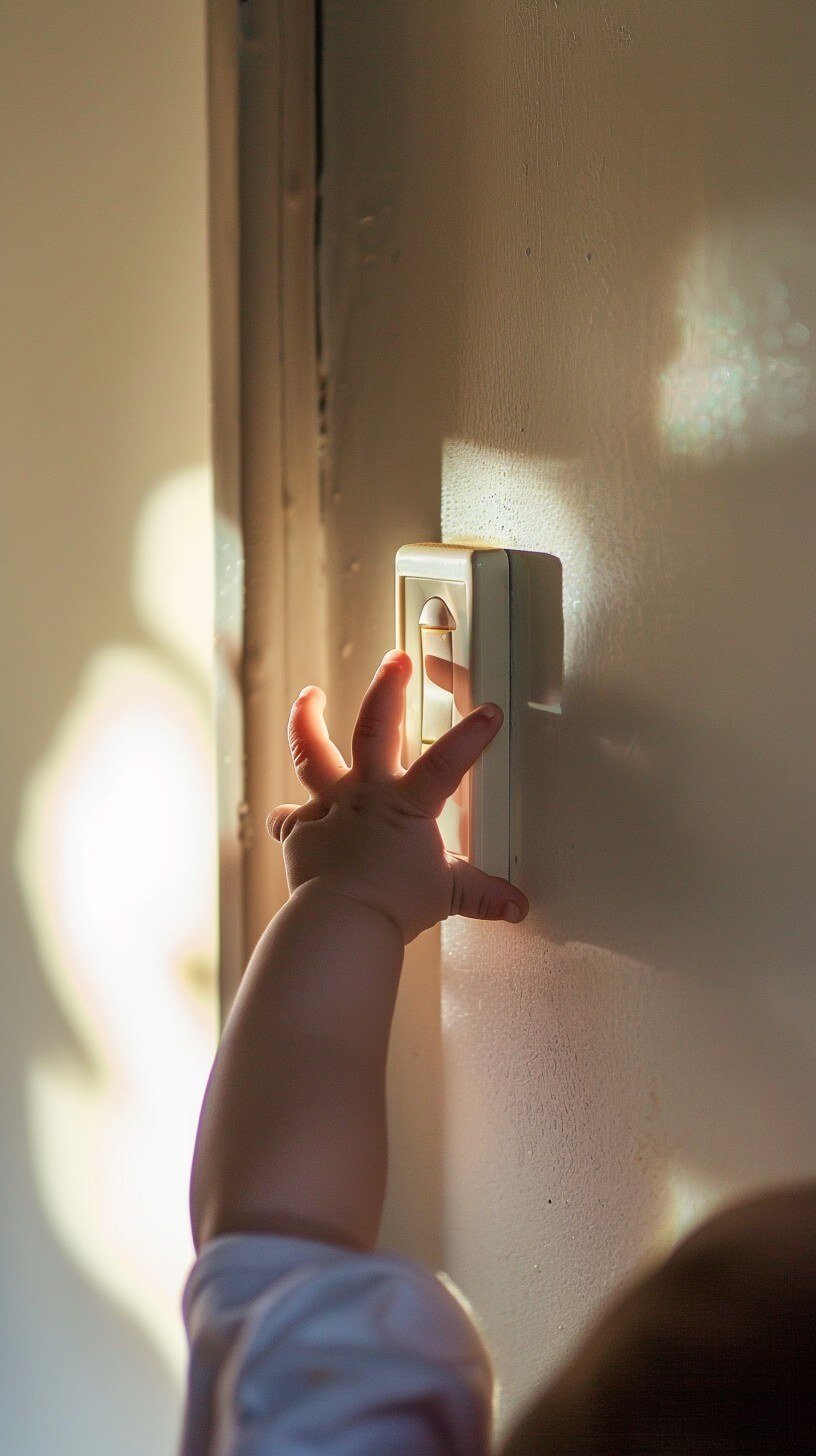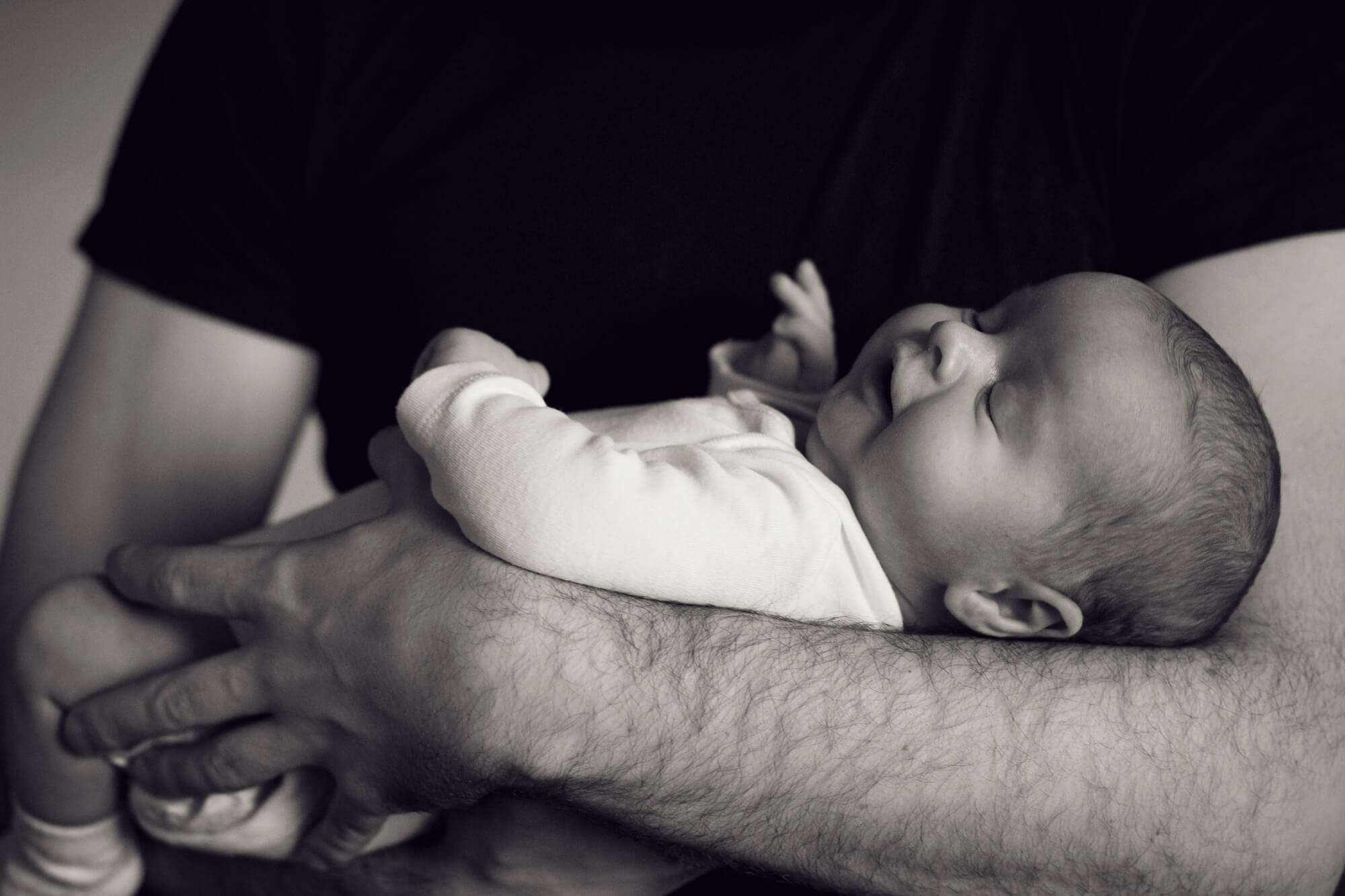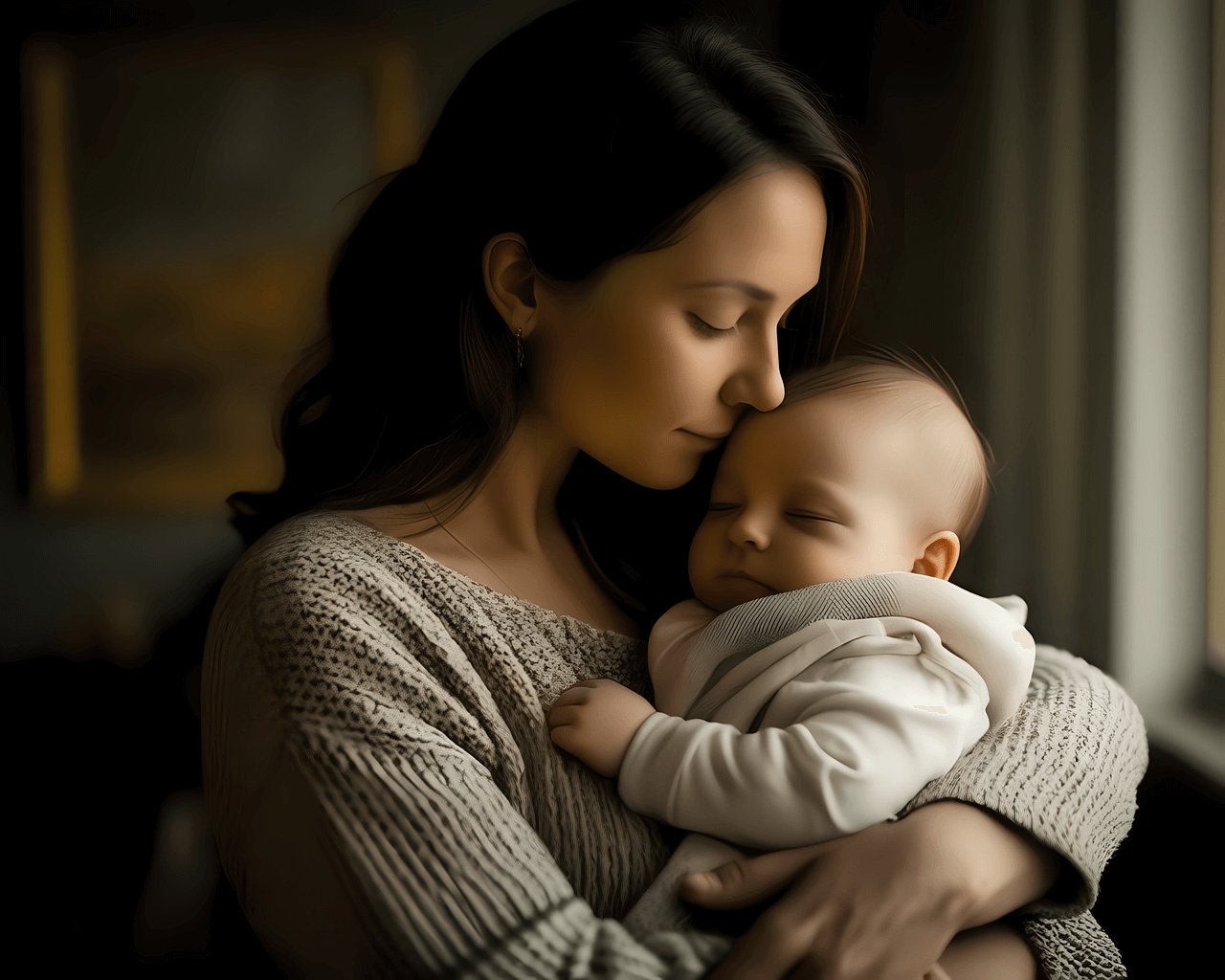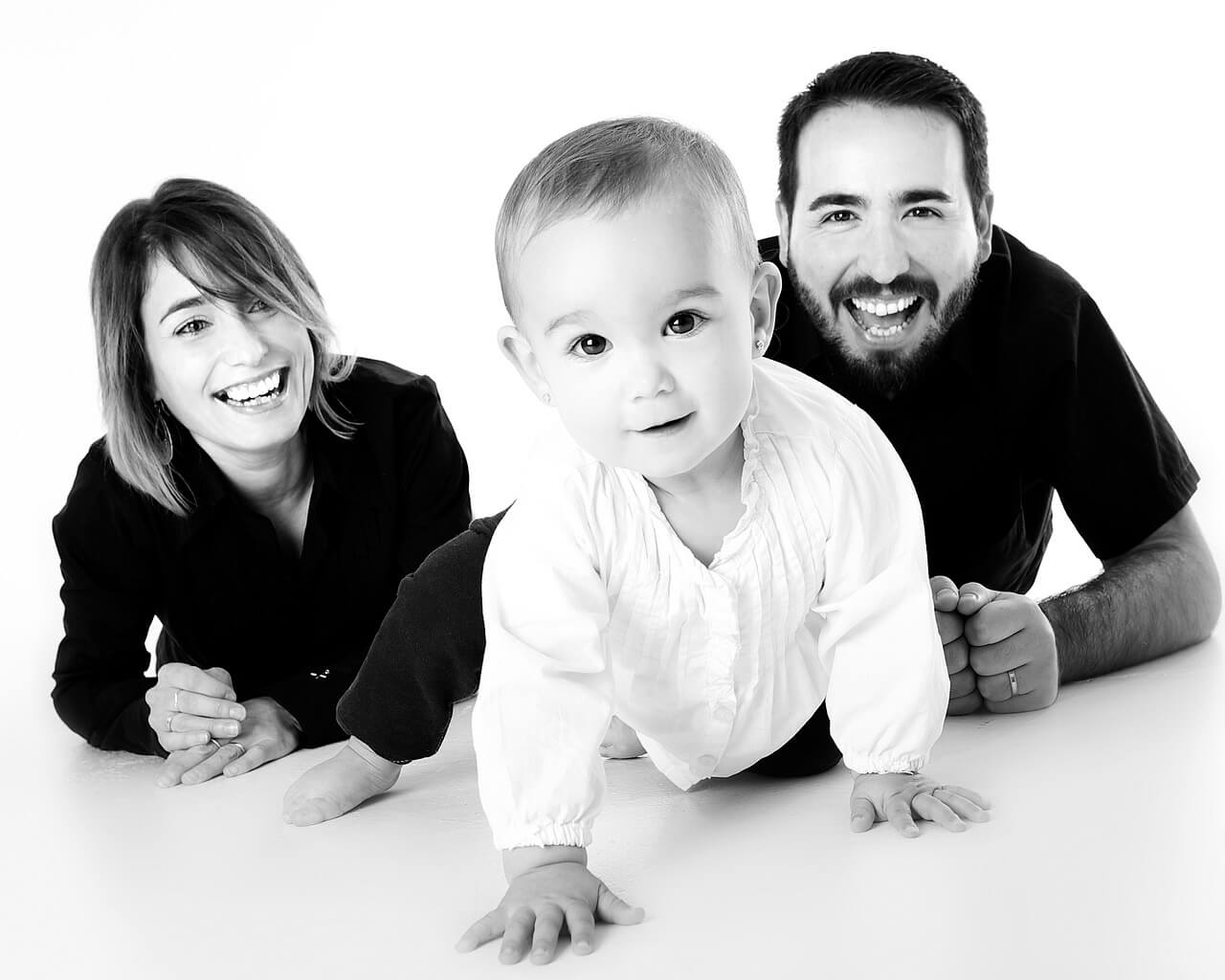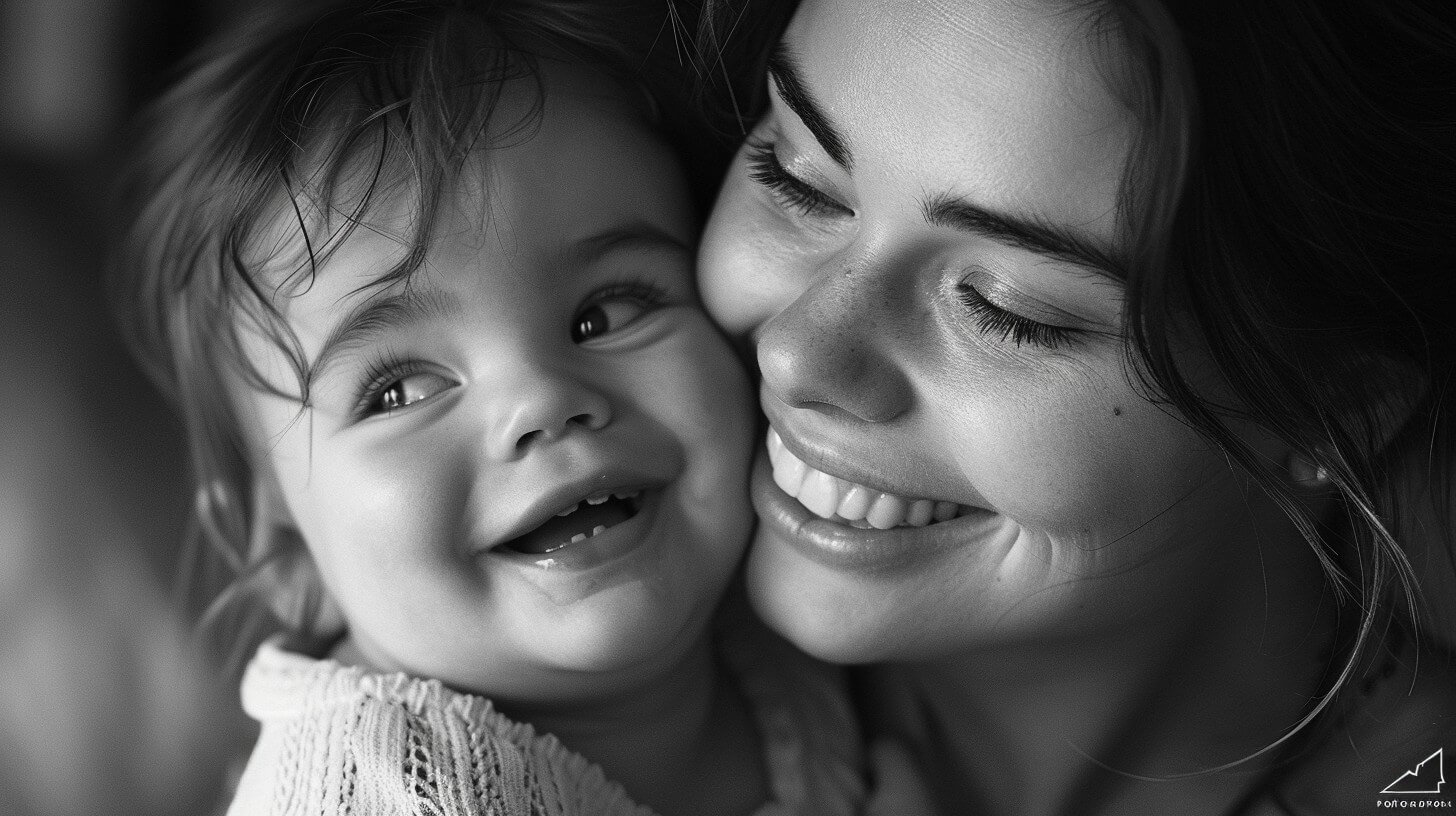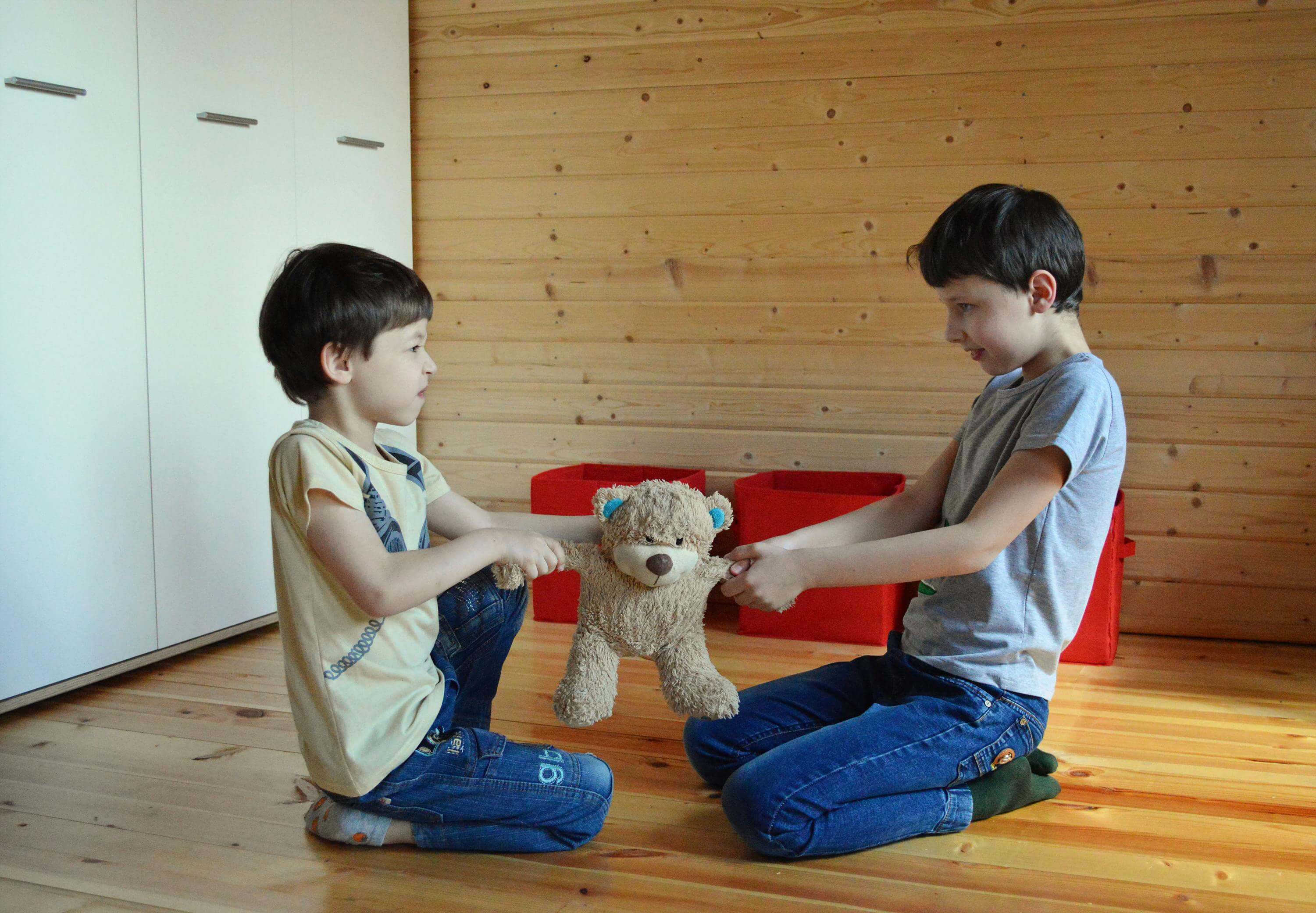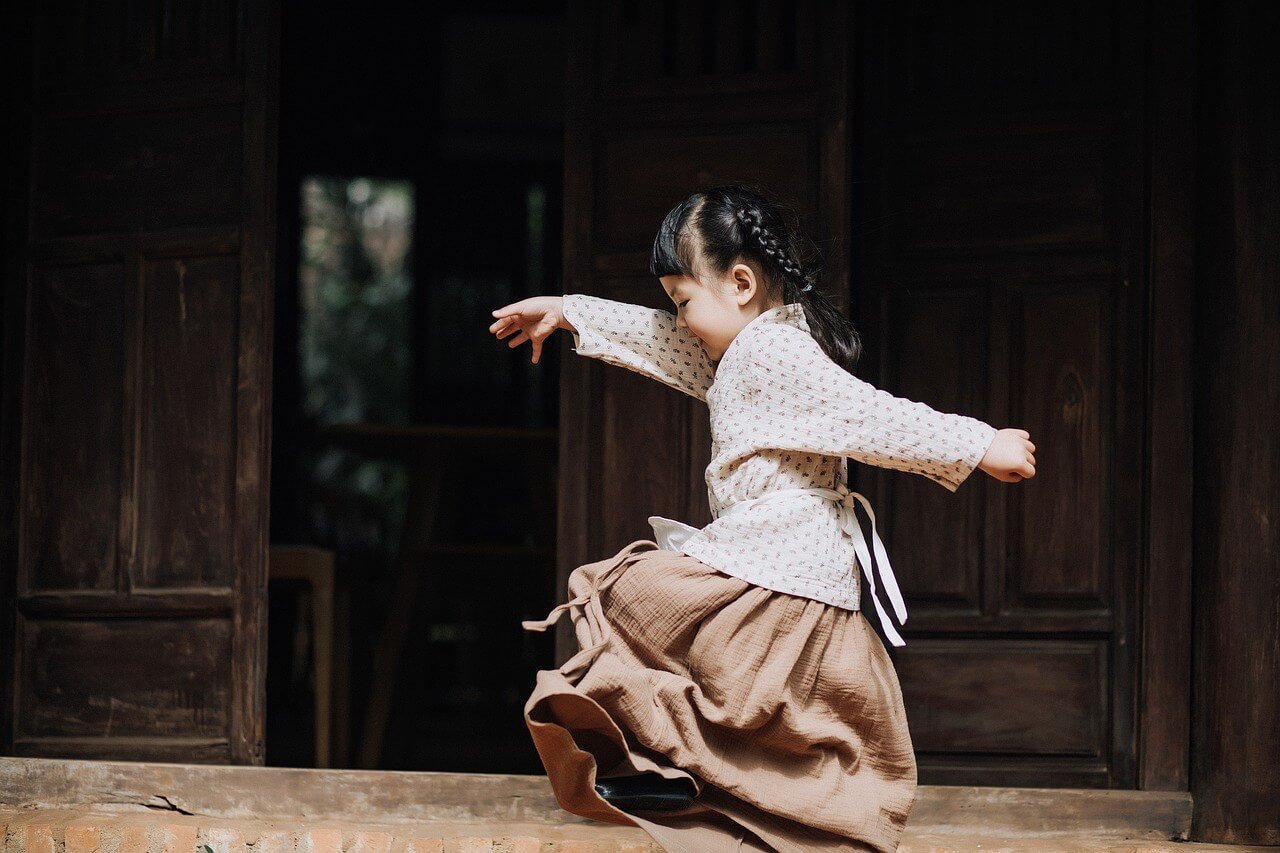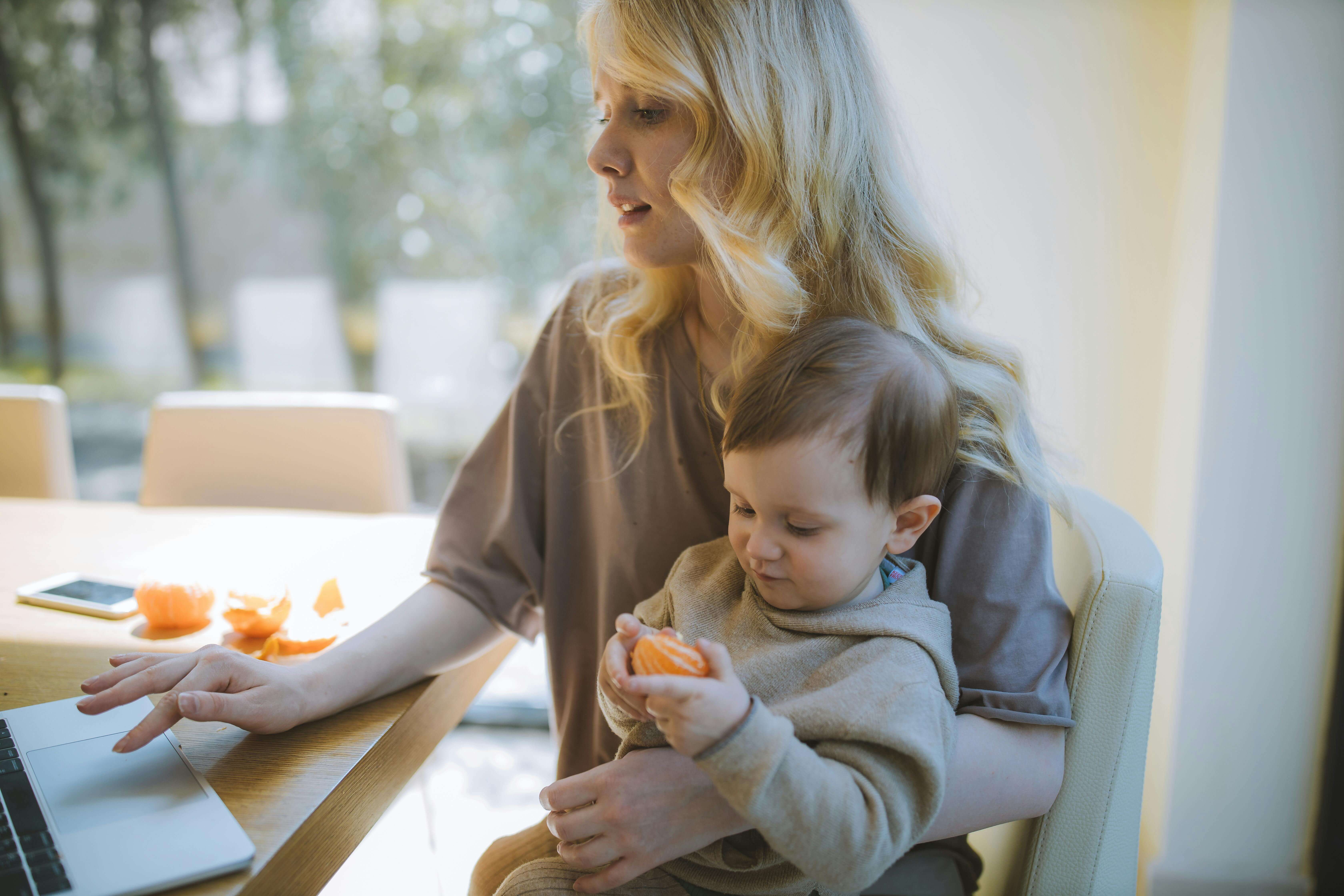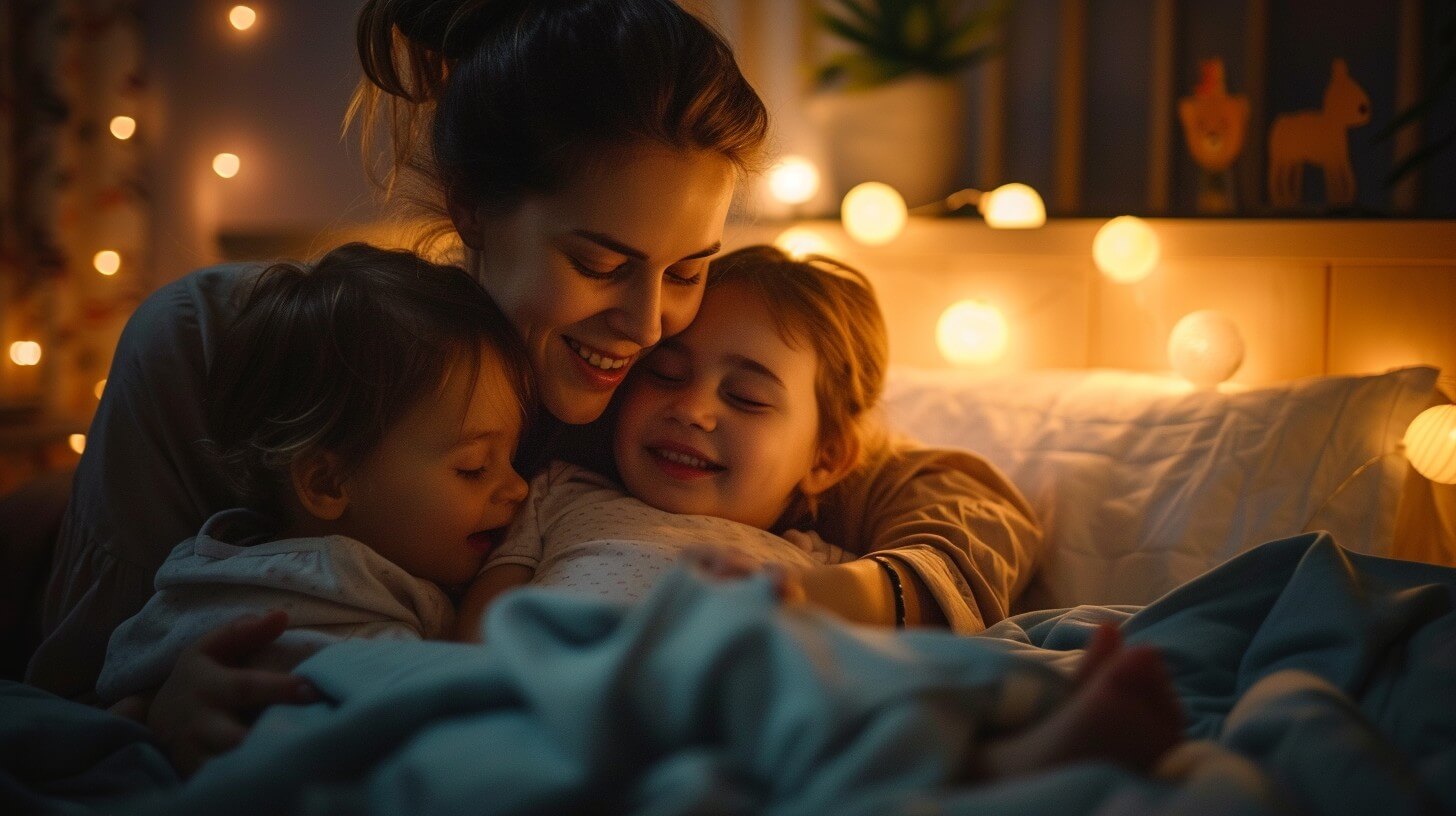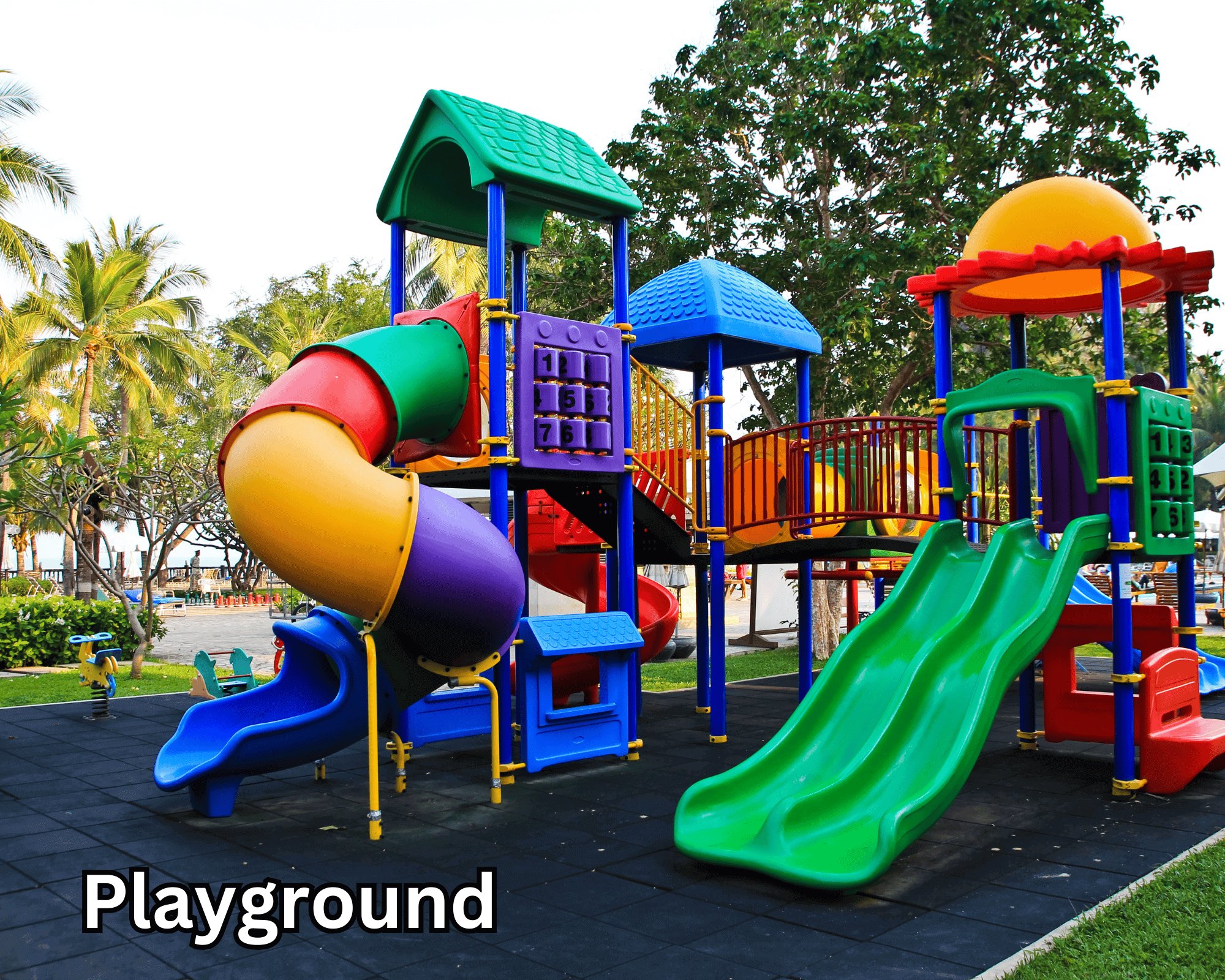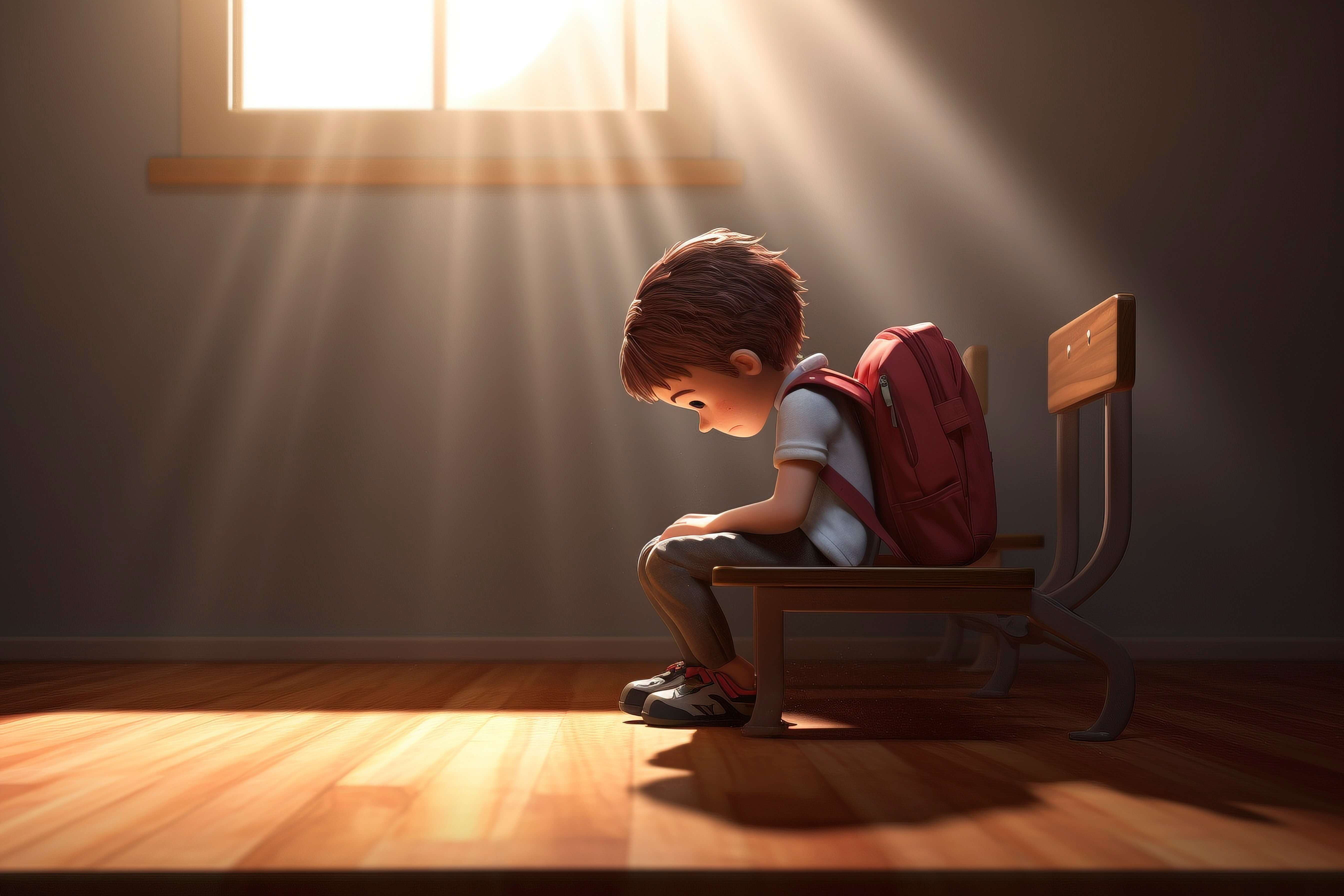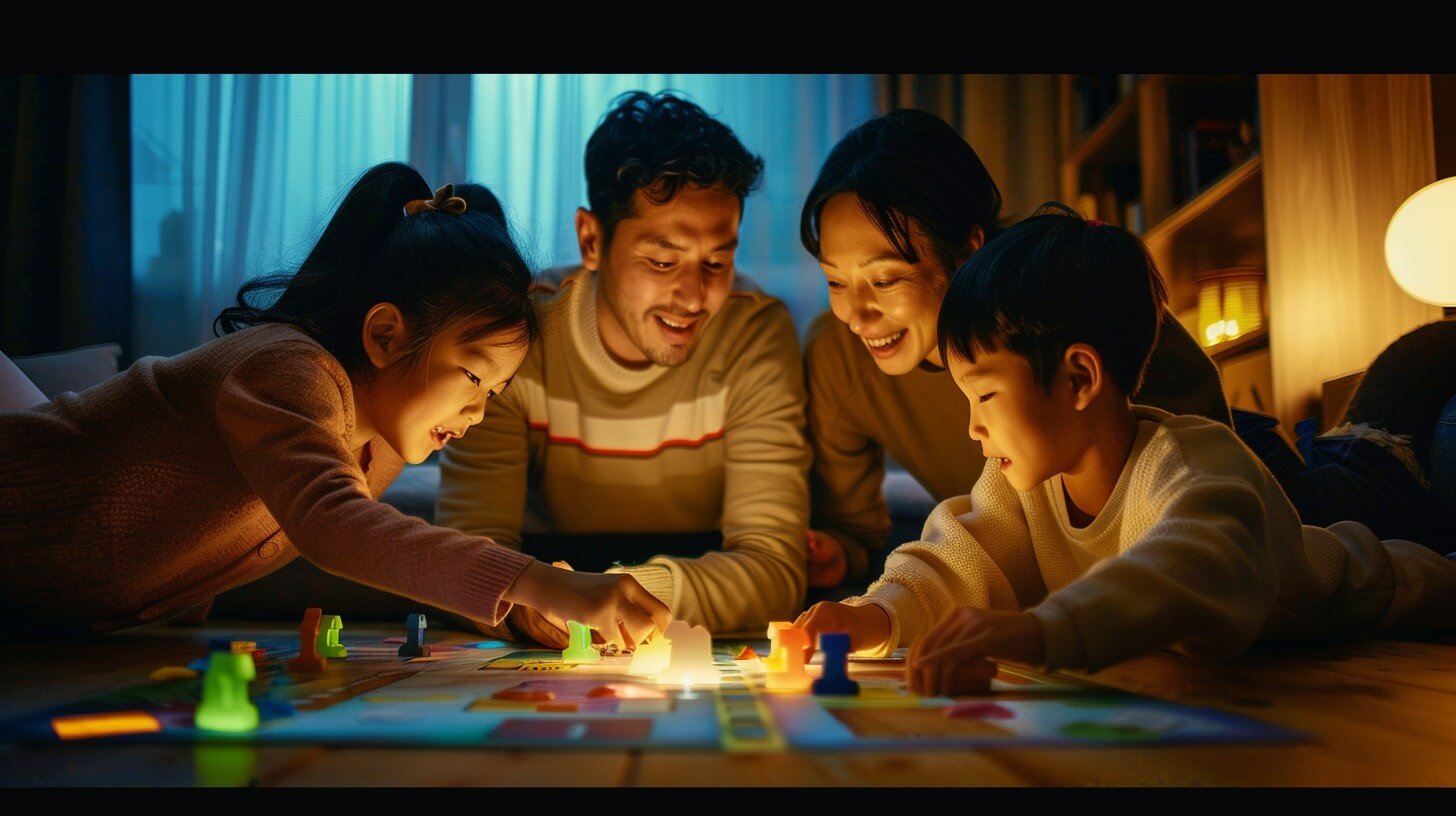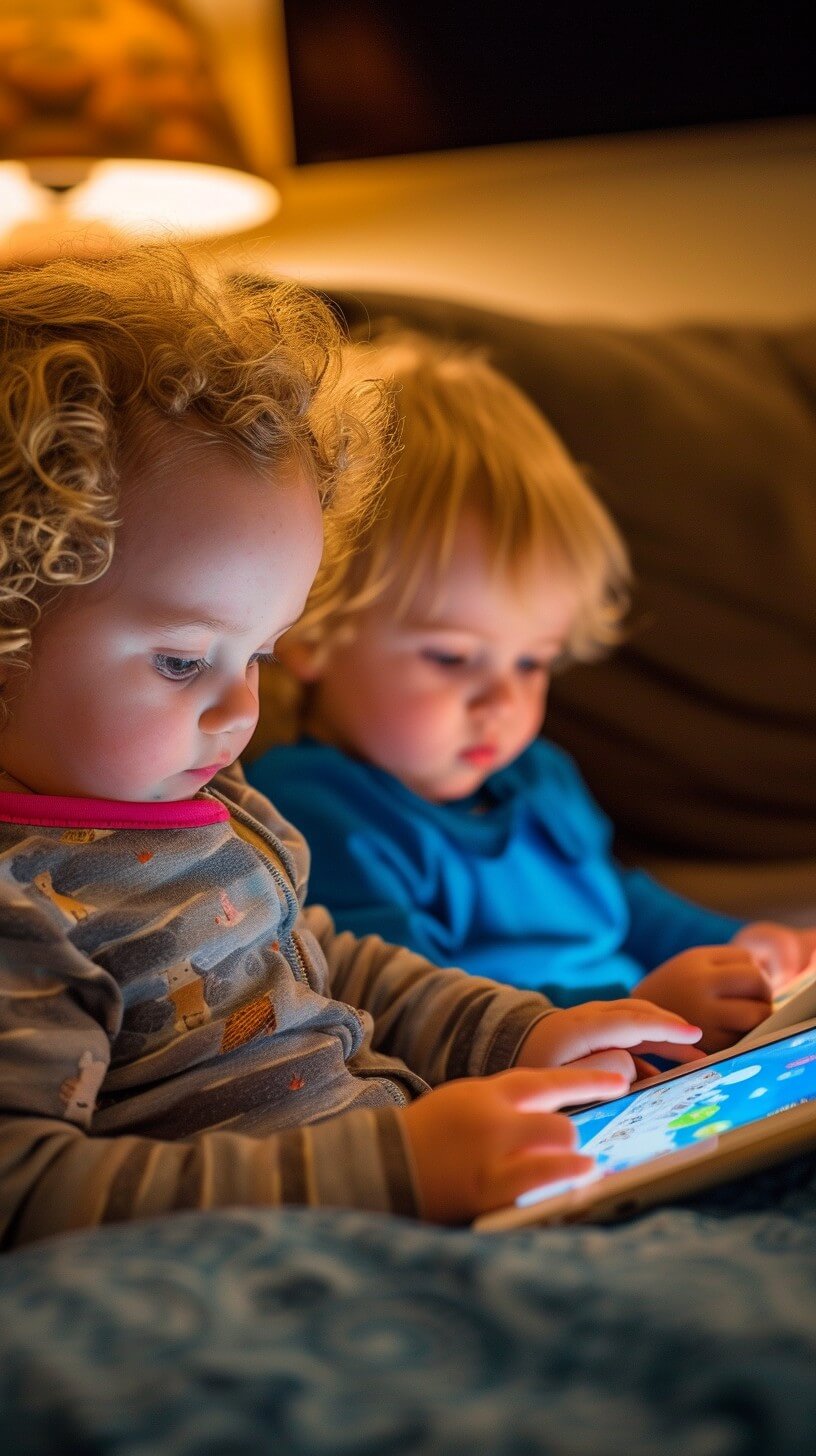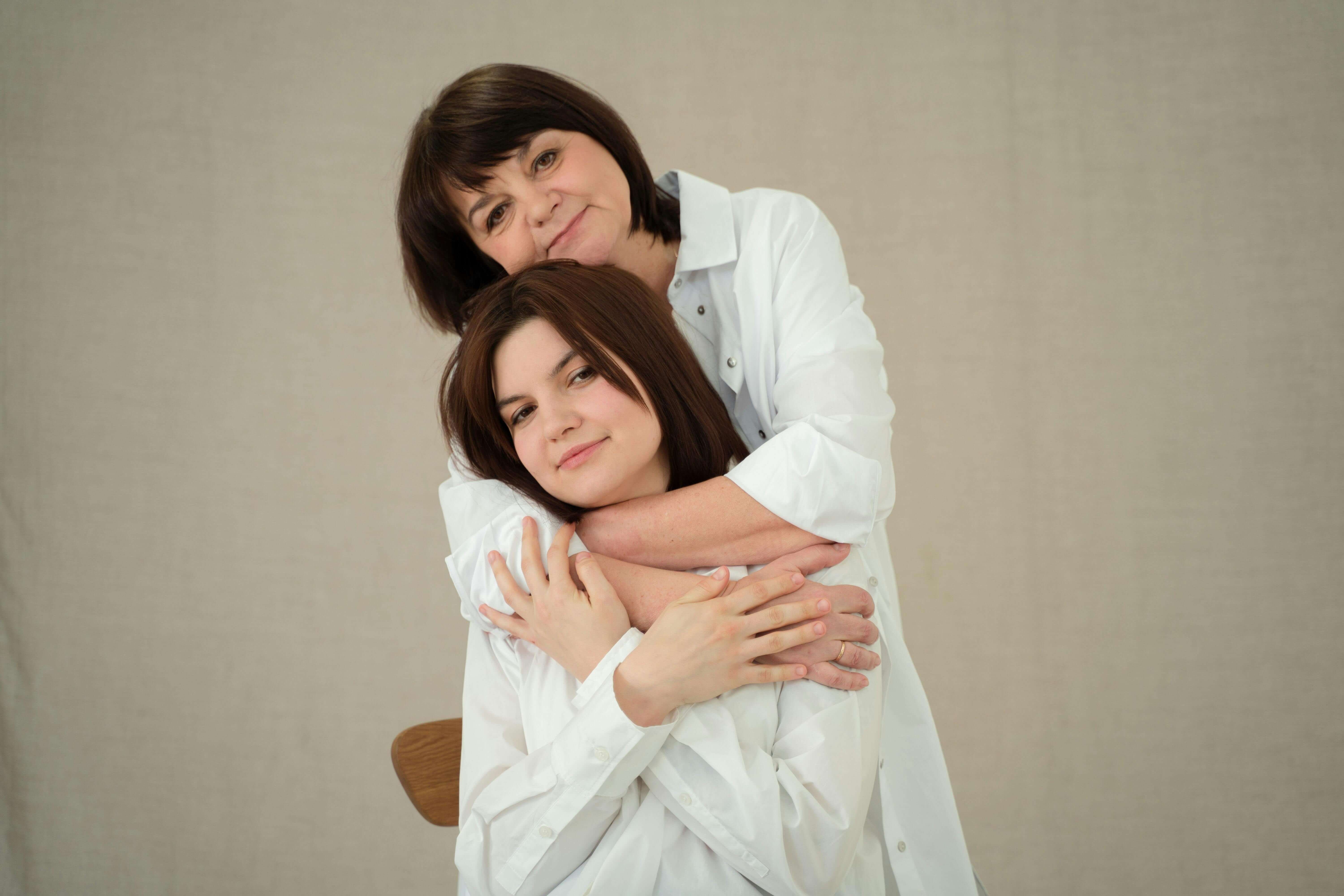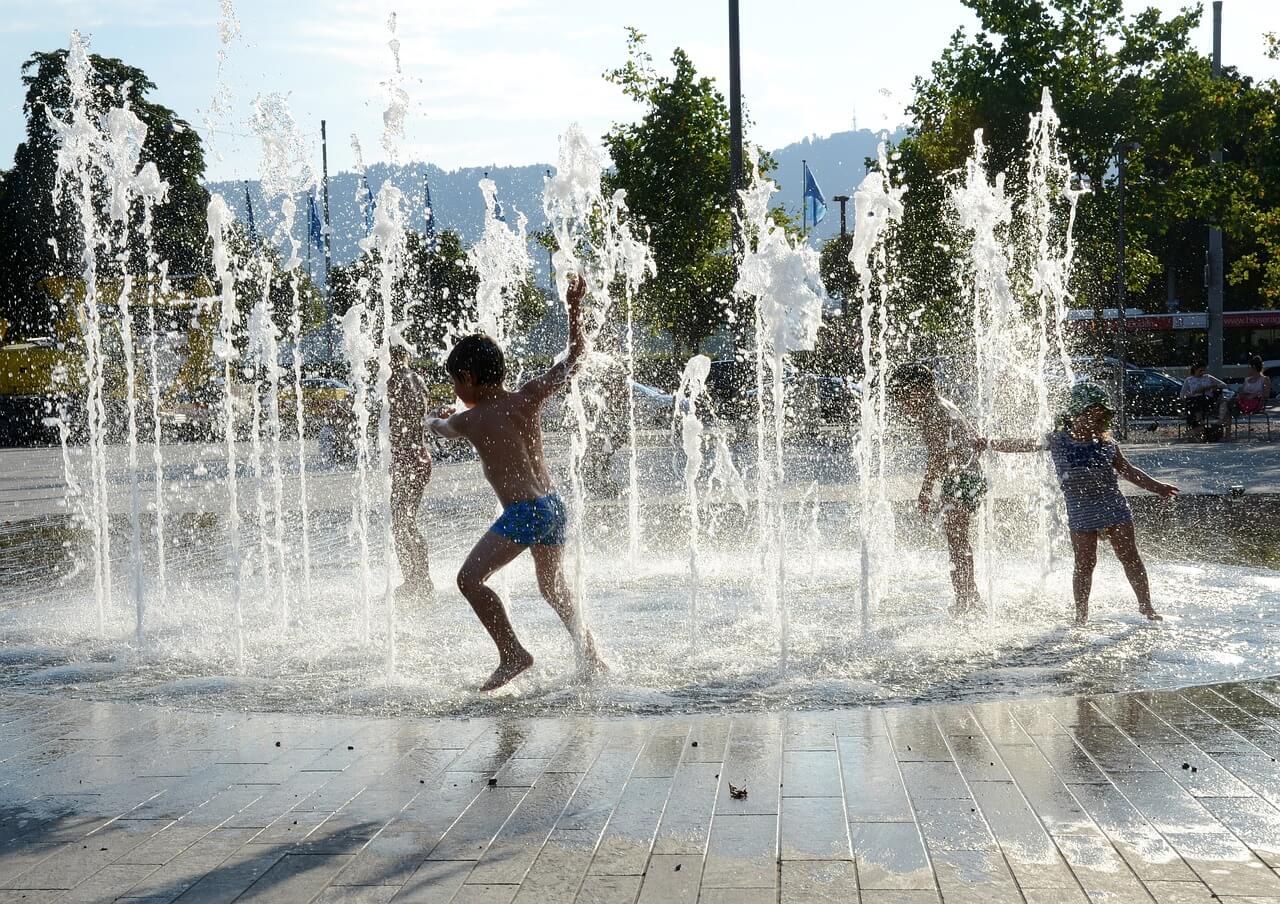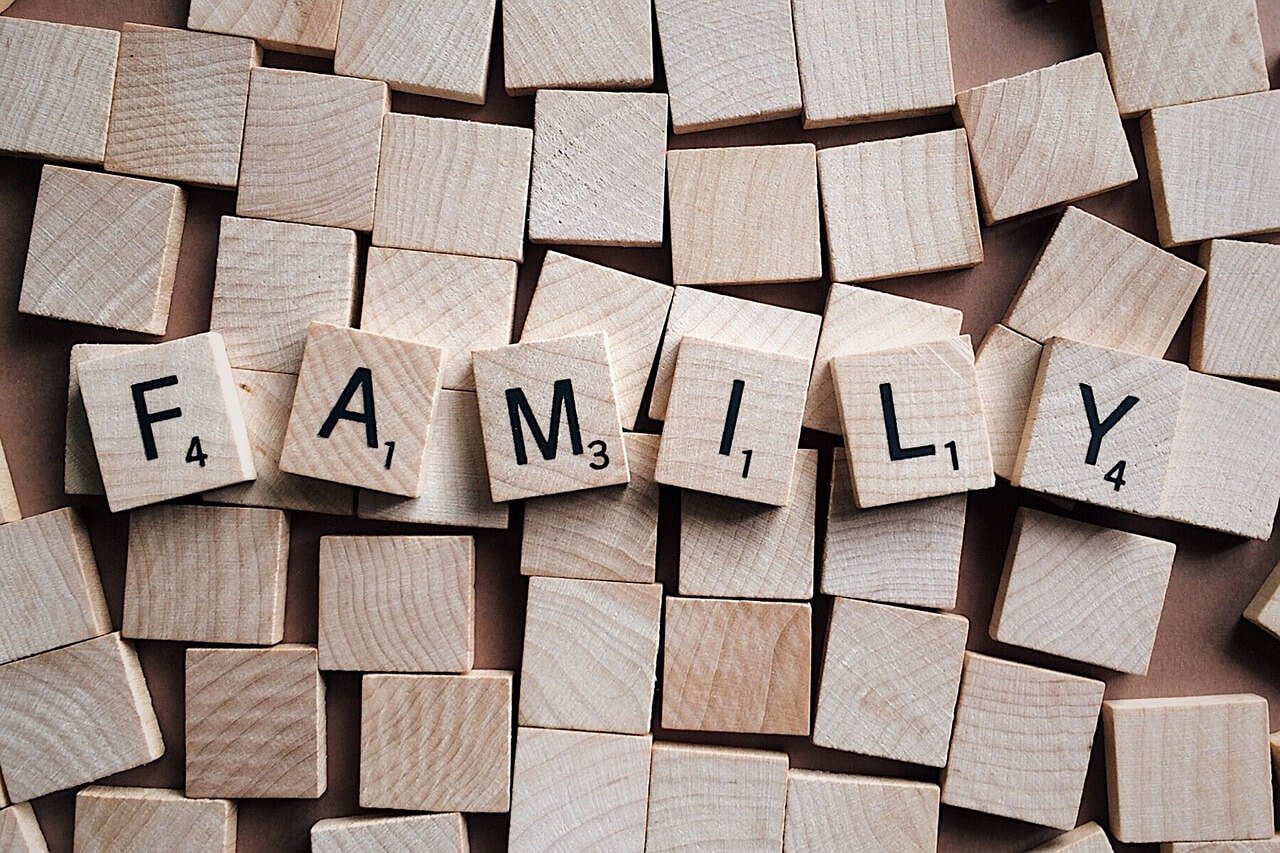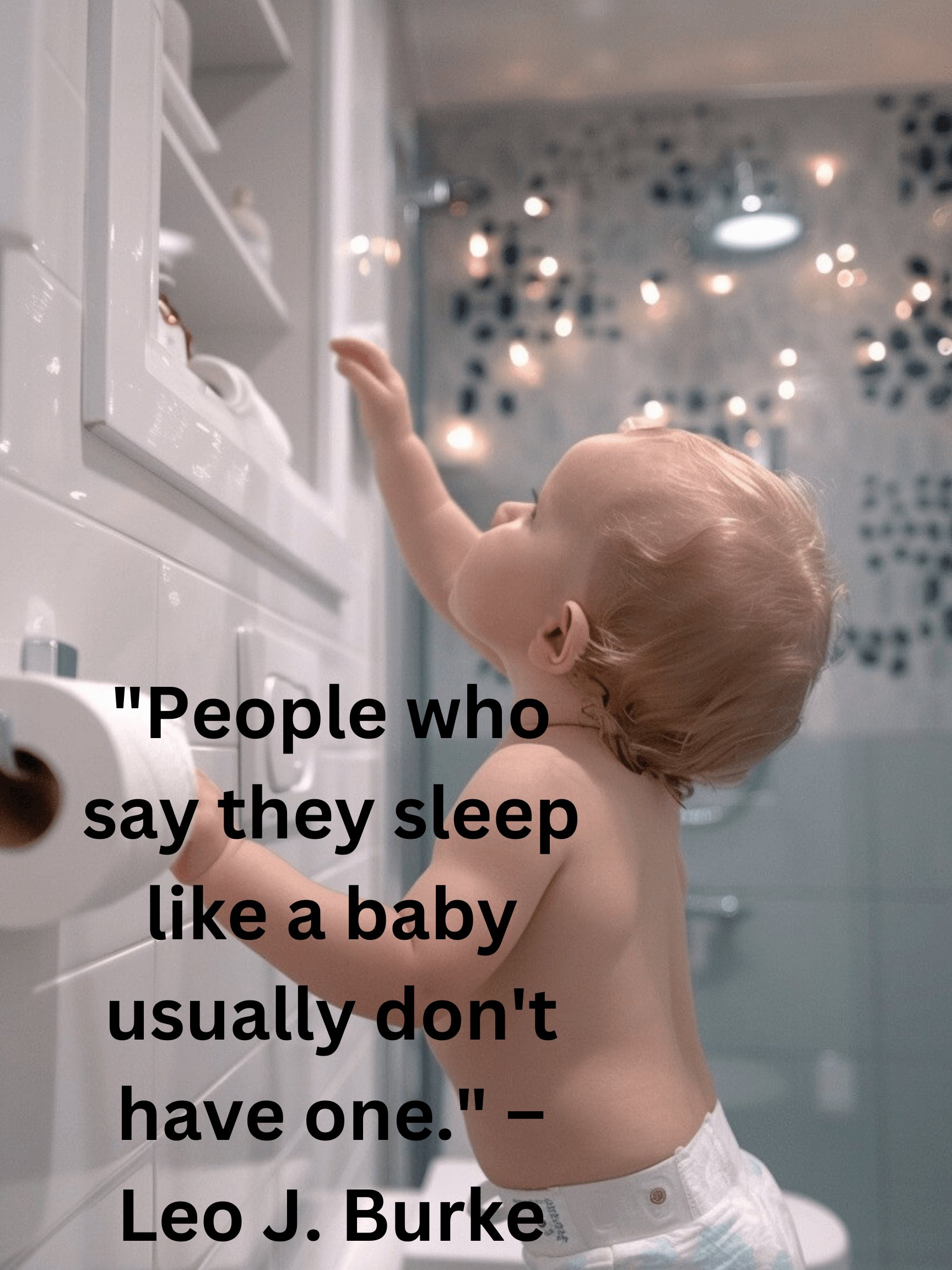Easing Separation Anxiety for Kids and Parents: Beyond the Tears
Separation anxiety is a natural part of development that affects babies, toddlers, and children.
It can sometimes become overwhelming for both you and your child, however, once you learn what you need to know, it should all work out for you.
What is Separation Anxiety?
Separation anxiety is the distress a child feels when separated from their mom or dad, sometimes their primary caregiver.
While it's a normal stage of development, it can often escalate into a more severe condition known as separation anxiety disorder. We'll discuss that more later.
Separation Anxiety in Babies
Separation anxiety typically begins between 6 and 8 months of age. At this stage, babies start to understand that they are separate individuals from their parents.
This realization, combined with their developing memory, means they can remember their parent even when they are not present.
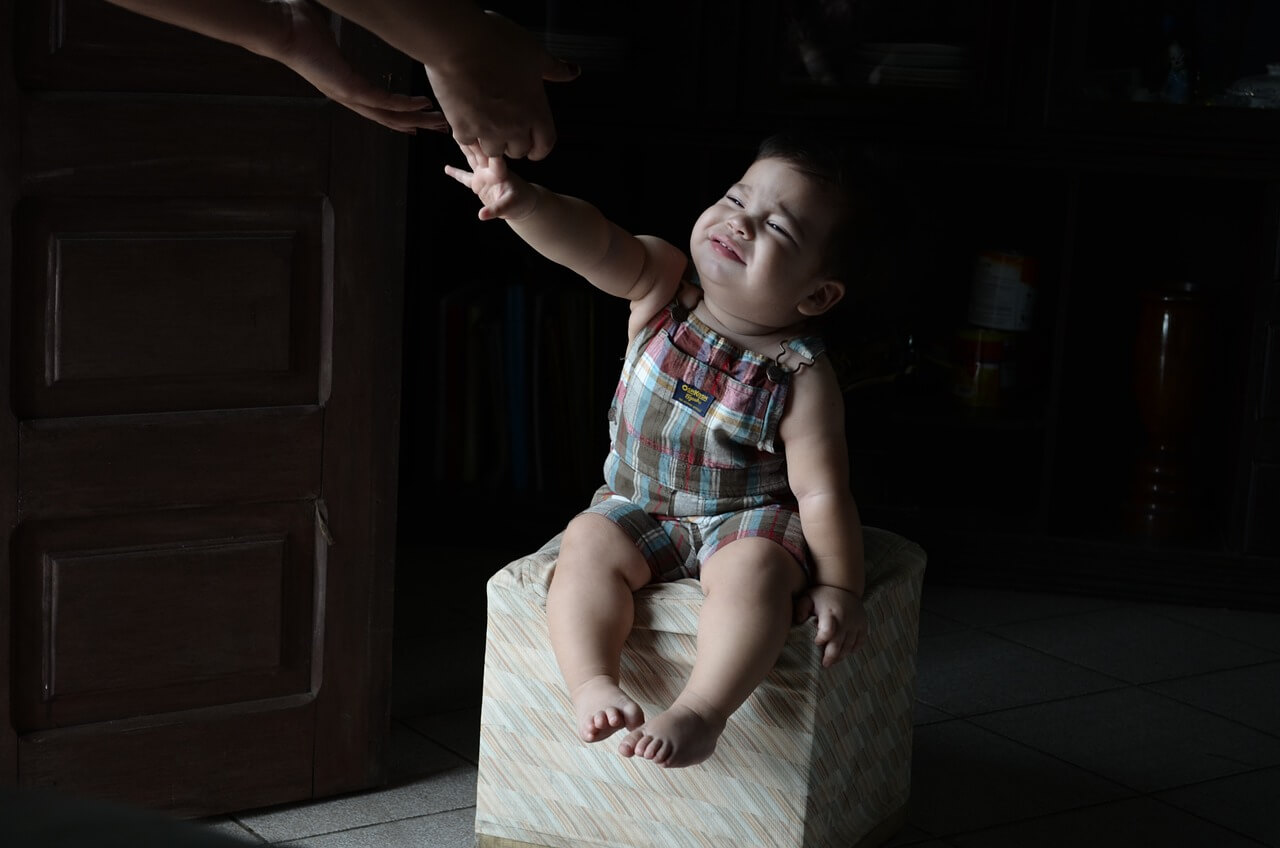 Baby is sitting on a stool with a look of pain on his face while reaching for someone.
Baby is sitting on a stool with a look of pain on his face while reaching for someone.Signs of Separation Anxiety in Babies:
- Crying when a parent leaves the room
- Clinging to the parent when they try to leave
- Waking up more frequently at night and crying for their parents
How to Help:
- Practice short separations: Gradually introduce short periods of separation to help your baby get used to being away from you.
- Create a goodbye routine: Develop a consistent and calm goodbye routine to reassure your baby, making your departures brief. Lingering will only increase their anxiety.
- Stay calm and positive: Babies can sense your emotions, so staying calm and positive during separations can help ease their anxiety.
- Comfort objects: A favourite blanket or toy can offer comfort when you're not around.
For more info about babies with separation anxiety.
Separation Anxiety in Toddlers
For toddlers, separation anxiety can peak between 18 months and 3 years old. During this time, toddlers are becoming more independent but still have a strong attachment to their parents.
Signs of Separation Anxiety in Toddlers:
- Tantrums when a parent leaves
- Refusal to participate in activities without the parent
- Fearful or anxious behaviour around new people or places
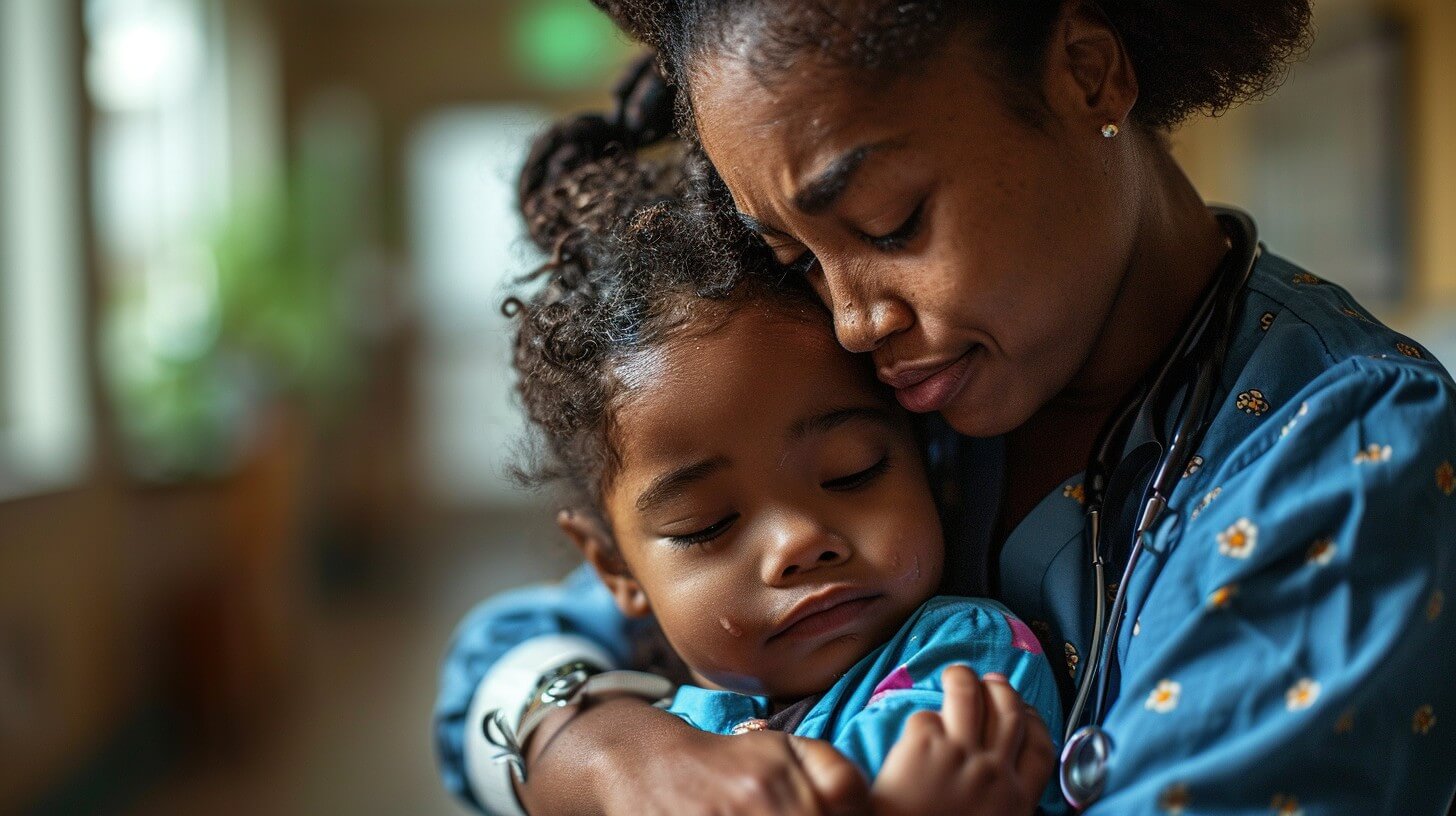 Mom and child both facing forward, mom is holding child tightly and child is crying.
Mom and child both facing forward, mom is holding child tightly and child is crying.How to Help:
- Gradual exposure: Gradually expose your toddler to new situations and people, starting with short and positive experiences.
- Stay calm: Children can pick up on your emotions. Staying calm and confident can help reduce their anxiety.
- Prepare for separation: Talk to your child about what to expect before you leave and reassure them that you will be back.
- Consistency: Maintain a consistent routine to provide a sense of security for your toddler.
Separation Anxiety in Children
As children grow older, separation anxiety usually decreases, however, some children may still experience significant anxiety about being away from their parents or home.
Especially during stressful events or transitions, like moving to a new school or the birth of a sibling.
Signs of Separation Anxiety in Children:
- Refusal to go to school or activities
- Excessive worry about something bad happening to their parents
- Complaining of stomachaches, headaches or other physical ailments.
How to Help:
- Communicate openly: Talk to your child about their fears and anxieties. Listening and validating their feelings can be very reassuring.
- Encourage independence: Encourage your child to participate in activities without you, starting with small steps.
- Routine and predictability: Maintain a consistent schedule to help your child feel secure.
- Work with teachers and caregivers: Collaborate with teachers and other caregivers to create a supportive environment for your child.
- Seek professional help: If anxiety is interfering with your child's daily life, consider consulting a mental health professional.
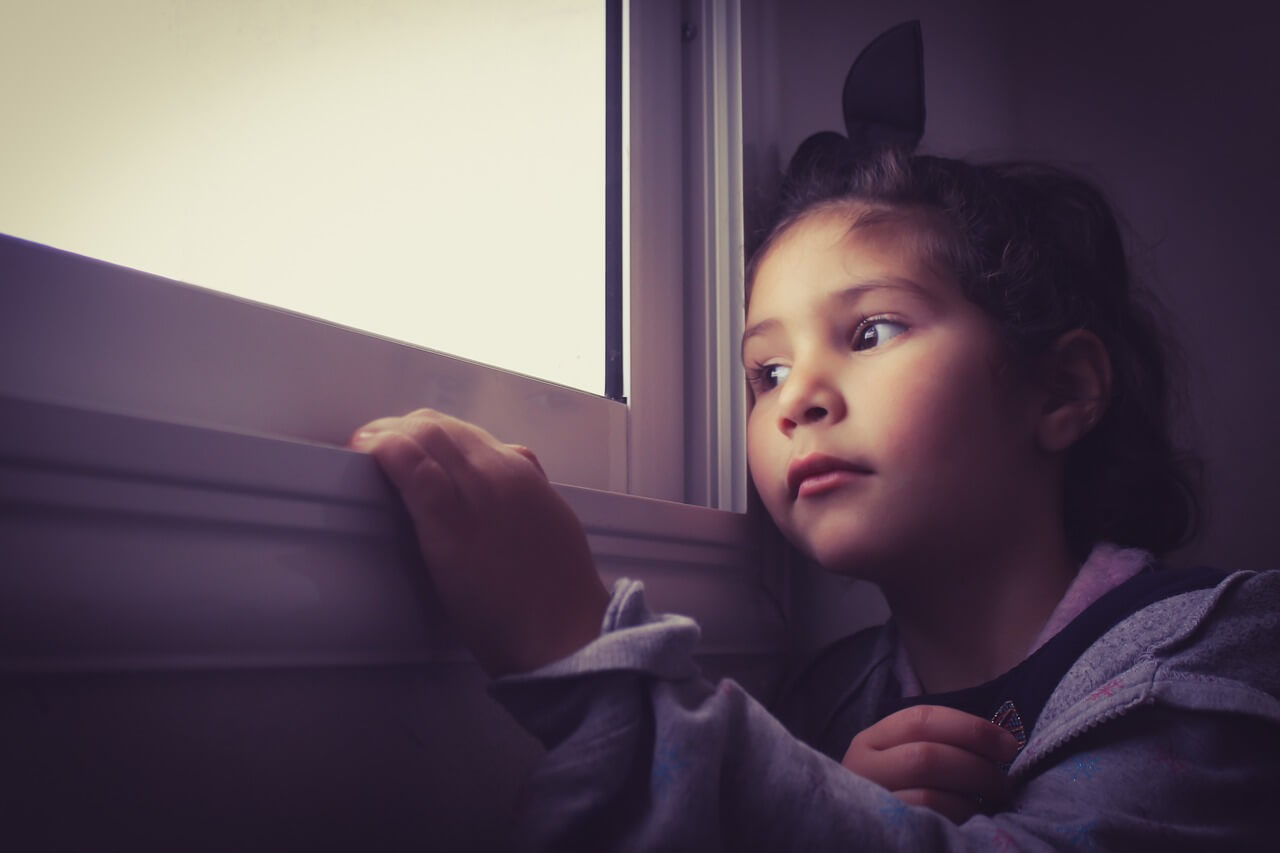 Young girl is sadly looking out the window, as if waiting for someone.
Young girl is sadly looking out the window, as if waiting for someone.Separation Anxiety Treatment
Treatment for separation anxiety, especially when it becomes severe, may involve several approaches:
- Cognitive-behavioral therapy: (CBT) is effective in helping children manage their anxiety. CBT helps children to learn coping skills and strategies to deal with their fears.
- Parental training and support: Parents learn things like how to support their children through gradual separation and reinforcement.
- Medication: In some cases, medication may be prescribed to help manage severe anxiety, but this is usually only considered after all other treatments have been tried.
Additional Tips for Parents
- Stay connected: Use phone calls or video chats to stay connected with your child during longer separations.
- Build trust: Be consistent in your actions and promises. If you say you will return at a certain time, make sure you do.
- Encourage socialization: Arrange playdates and social activities to help your child build confidence in interacting with others.
- Read books about separation: There are many children's books that address separation anxiety and can help your child understand and cope with their feelings.
- Model calm behaviour: Show your child how to handle anxiety by modelling calm and positive behaviour during separations.
- Teach coping skills: Simple techniques like deep breathing or having a special mantra can help your child manage their anxiety.
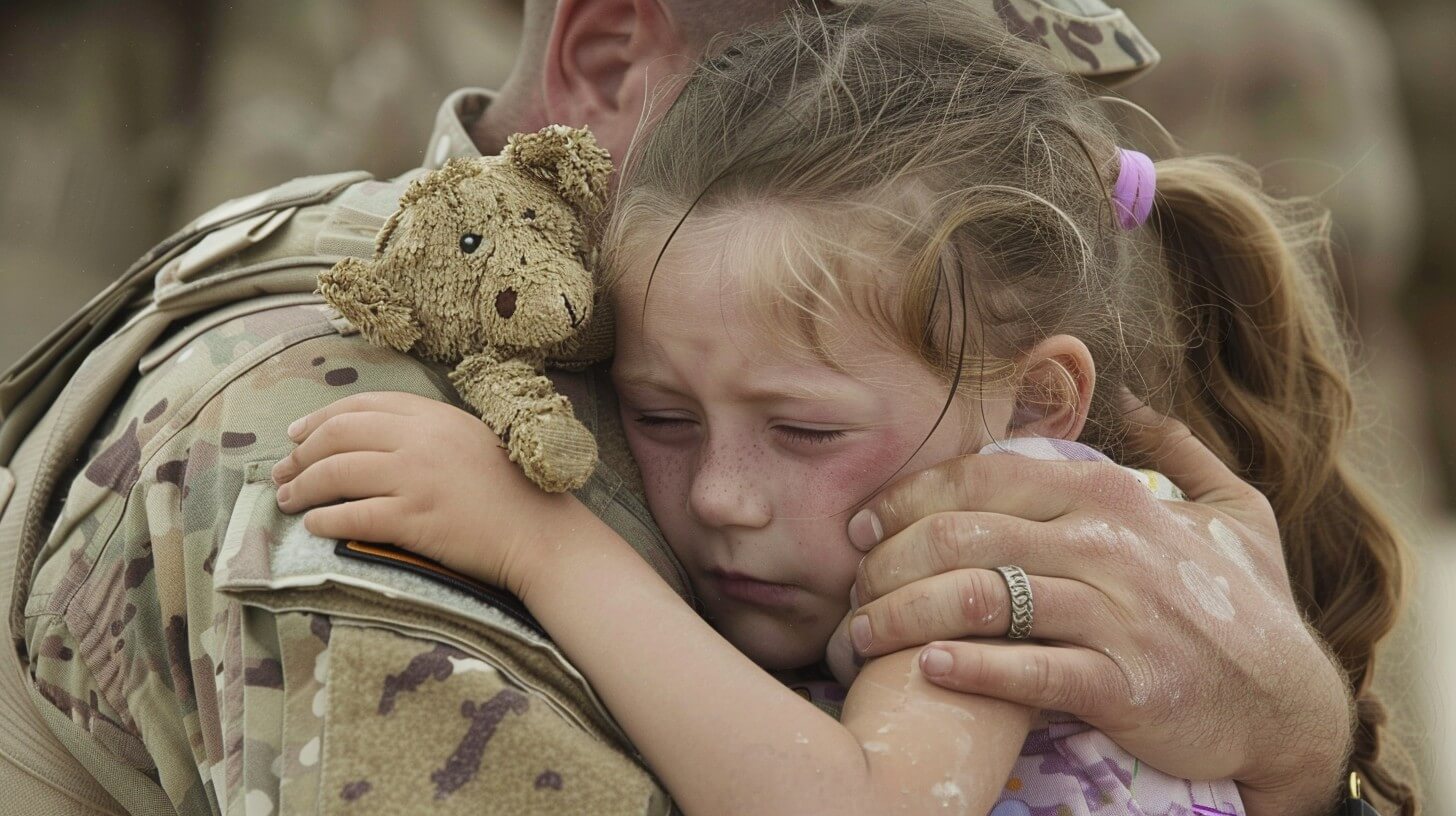 Young girl is hugging her dad tightly as he is about to leave for the military.
Young girl is hugging her dad tightly as he is about to leave for the military.Separation anxiety is a common and natural part of childhood development. It makes a big difference when you understand and know how to respond to the signs of separation anxiety.
You will be supporting your child and helping them to develop the confidence and independence they need to thrive.
Separation Anxiety Disorder
Separation anxiety disorder (SAD) is a condition where the fear of separation from a parent is excessive and beyond what is developmentally appropriate.
The anxiety the child feels can significantly impact their daily activities, social events and school.
Symptoms of SAD can include:
- Extreme distress when anticipating or experiencing separation.
- Excessive worry about being away from or losing parents or caregivers.
- Not wanting to go to school or other places because they will be separated from you.
- Persistent nightmares about separation.
- Physical symptoms such as headaches or stomachaches when separation is anticipated.
- Excessive clinginess and distress when separated from loved ones.
If you suspect your child might have separation anxiety disorder (find a more detailed explanation here), most of all, it's important to seek help from a healthcare professional.

